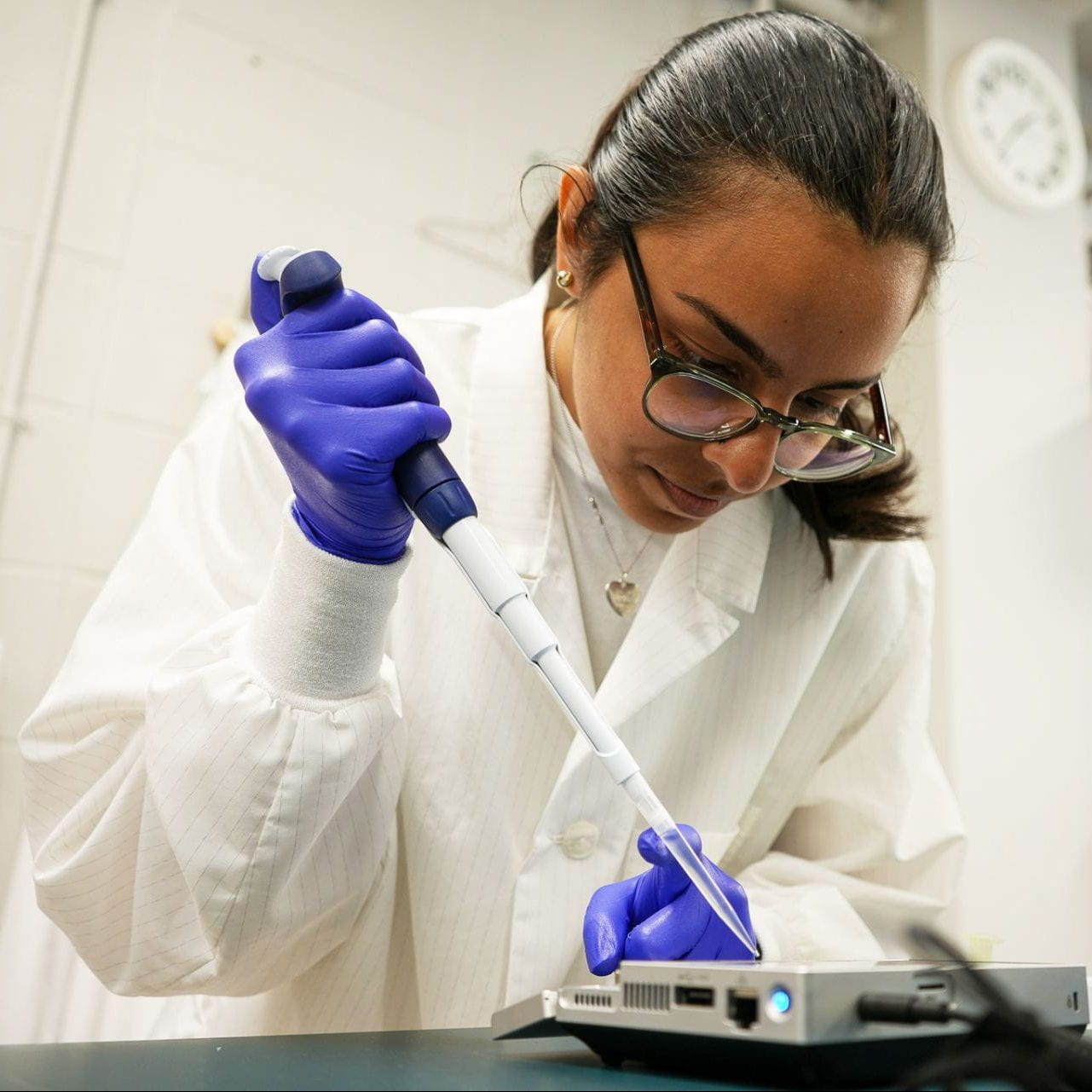Working Together to Change the World
Cornell University offers a campus-wide Master of Public Health (MPH) Program to help build public health leaders who are inspired and trained to ensure the health of people, animals, and the world in which we live.
Our program is founded on three pillars—Sustainability, Equity, and Engagement—that inform our approach to teaching, research, service, and practice. Our small class sizes and engaged-learning approach give our students uncommon flexibility in developing the skills they need to make an impact in their desired careers. And, by working with community partners, our students turn theory into practice while preparing to become future leaders of the public health workforce.
Our Curriculum
Our core curriculum provides students with the skills, tools, and foundational knowledge to become general public health practitioners, while our concentration courses allow our students to become specialists in their chosen field.
News

Avian influenza – which has devastated poultry flocks, wildlife populations and increasingly poses a public health risk – has now been confirmed in wild bobcats in New York state.
In a new study, published March 25 in the Journal of Wildlife Diseases, researchers tracked live bobcats in the state and found widespread exposure to avian flu, with evidence of bobcats surviving but also succumbing to the highly pathogenic H5N1 strain. The research further documents increasing avian influenza cases in mammals and underscores the importance of proactive wildlife…Read more.
Cornell represents on the Hill to advocate for vaccine access
Aaron Connolly ’23; Parshad Mehta ’23; Neeti Patel ’24; Premika Amudhan ’26; and Katie Lesser
Alumni in action: Qijin Wang
Consultant, IQVIA China
AP News: Another raw pet food recall is tied to illness and death in cats
Jarra Jagne, Professor of Practice
Cornell Public Health faculty, student awarded community-engagement grant
Scientific American: The latest on bird flu research, infected cats, and more
Krysten Schuler, Assistant Research Professor










